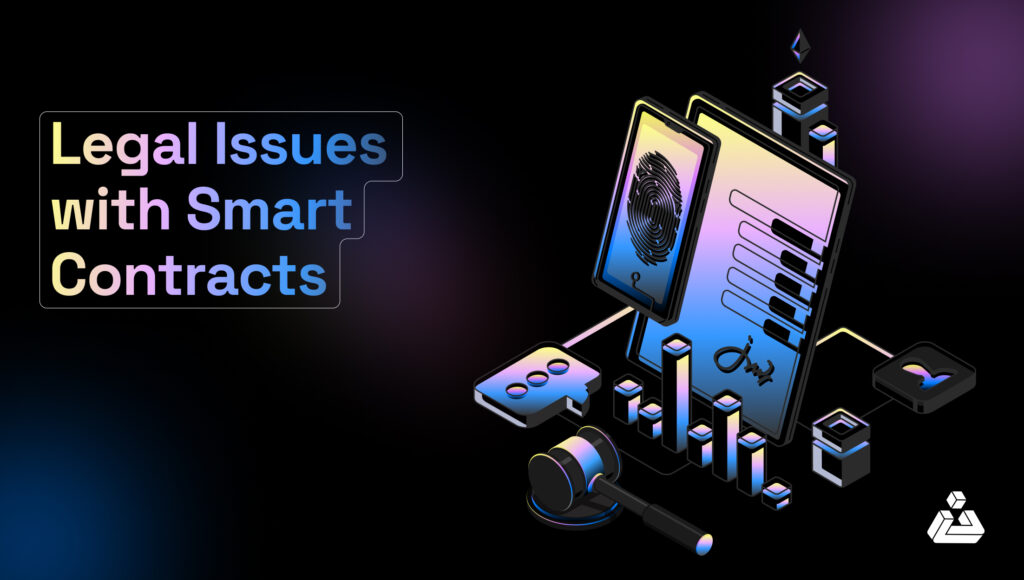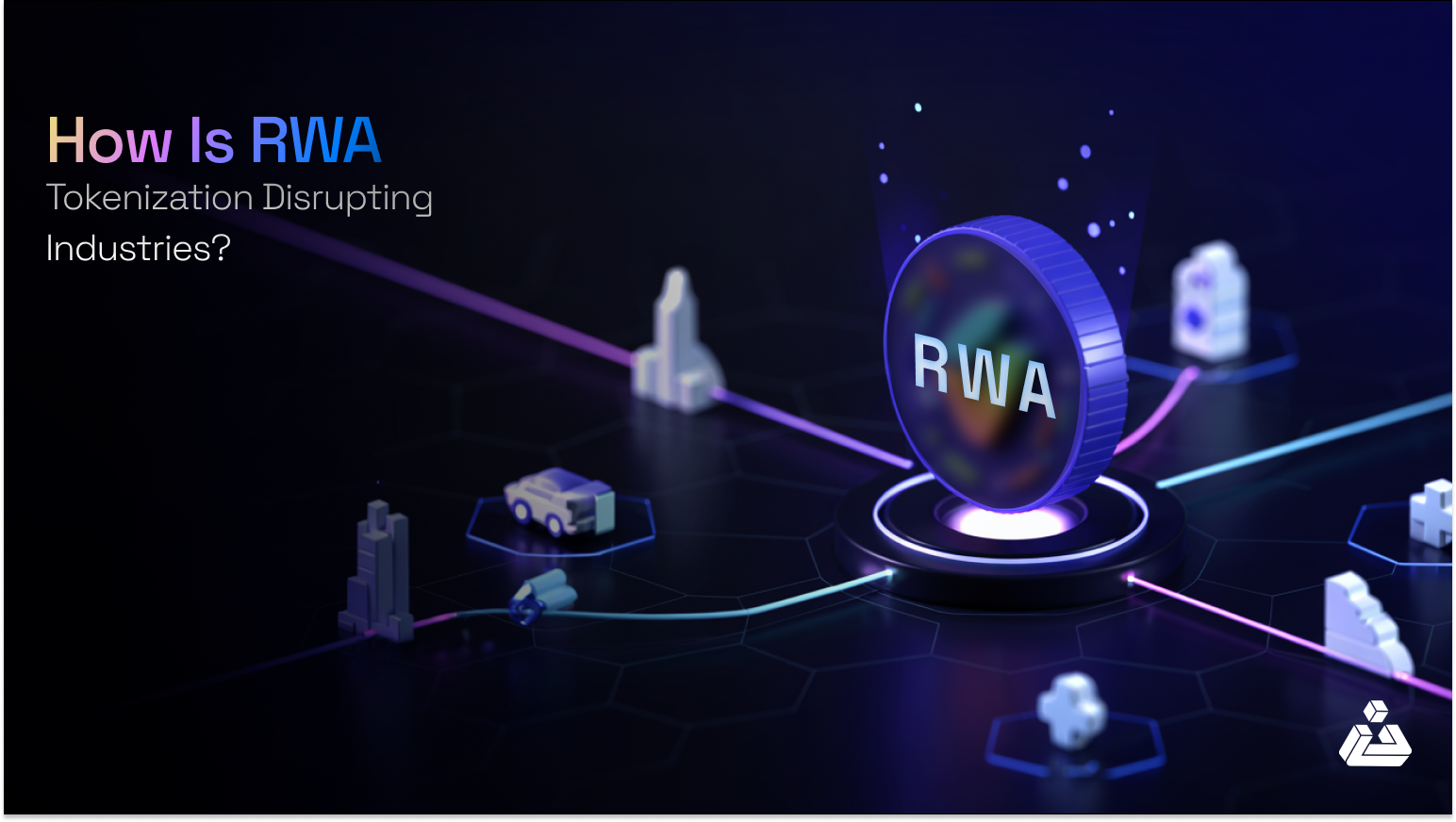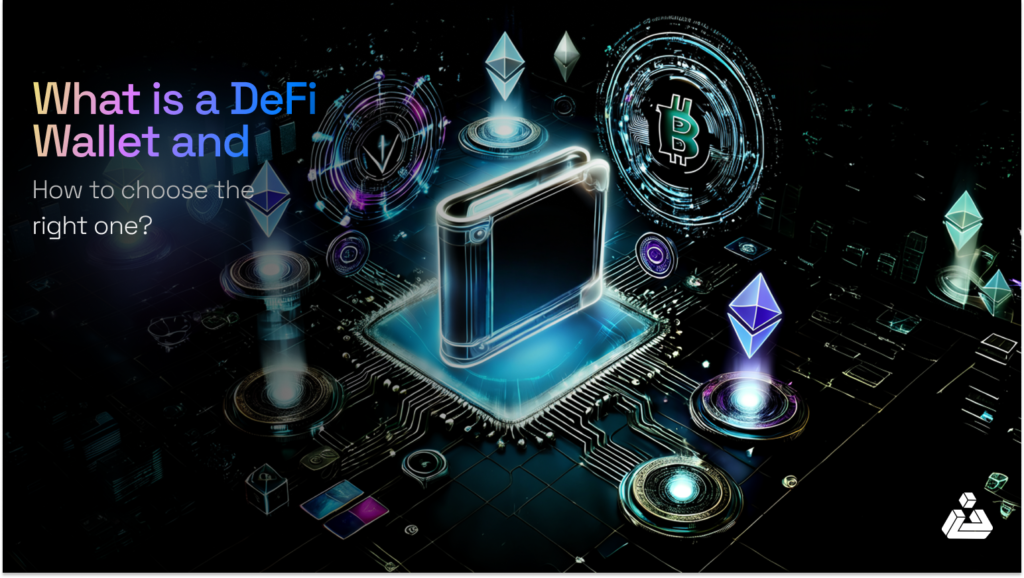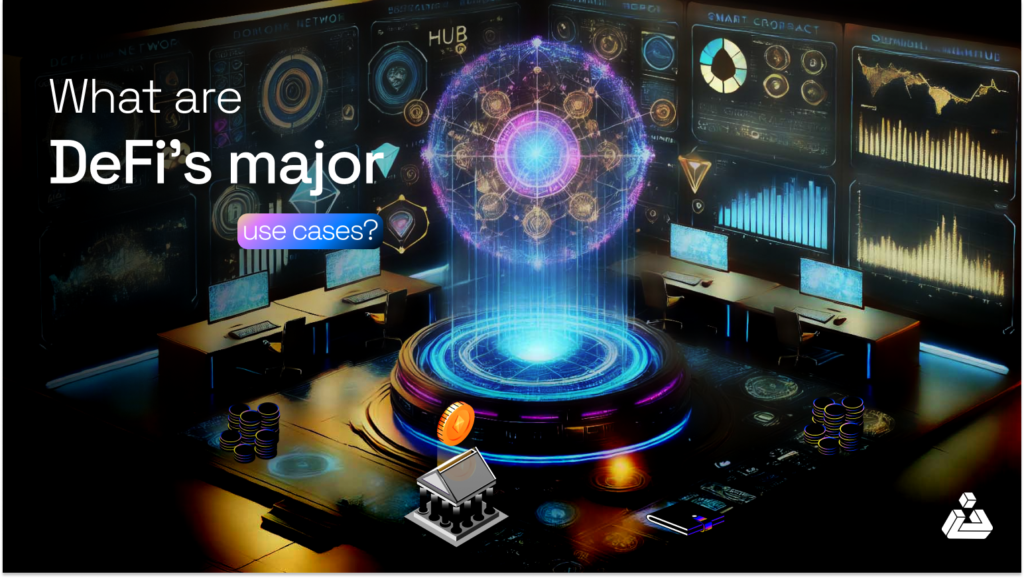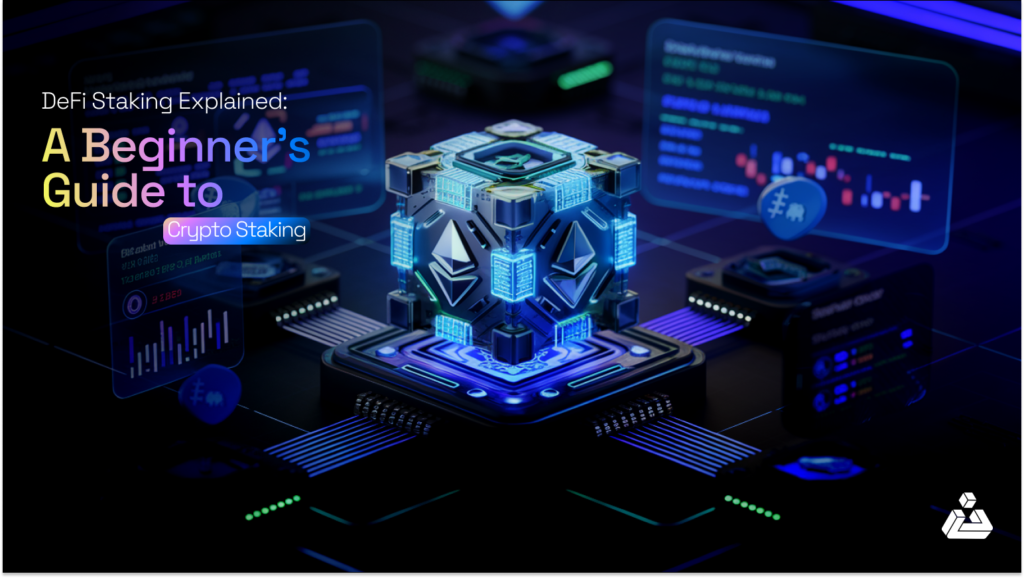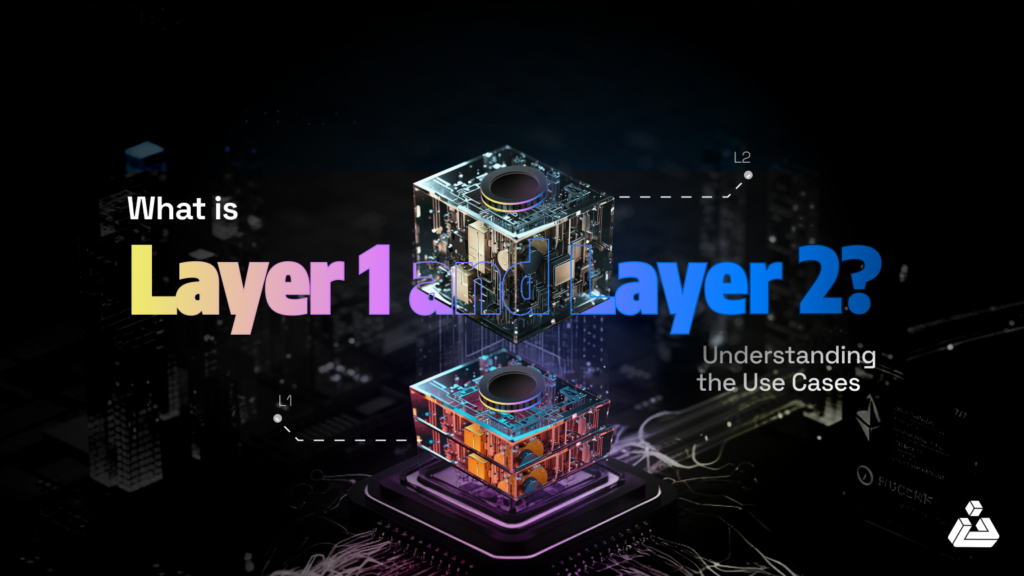Smart contracts in Web3 have been used in a wide variety of applications such as decentralized transactions, NFTs, DAOs, and Dapps. These programmable contracts have the ability to solve the hassle involved with traditional binding contracts incorporated in everyday business such as supply chain and insurance payments. They have truly revolutionized the world but one might think are they really enforceable? Are these smart contracts considered to be legal?
As more and more blockchain technology is prevailing in our daily lives, the national state and local jurisdictions have to determine whether and to what extent these smart contracts are legally enforceable in the traditional sense.
What is a Smart Contract?
A smart contract is a predefined set of instructions translated into a piece of software code that exists on a blockchain and is often self-executing when certain predefined conditions are met. For example, In Open Sea marketplace, an order of NFT can exchange the royalty rights of NFT with the corresponding payment of that NFT.
Some smart contracts also need the assistance of third parties such as oracles to get the real-time data and integrate it with the contract logic. Only then they are able to perform certain actions.
Are Smart Contracts Enforceable?
Since the ‘’code is law’’, many proponents believe that the immutable nature of smart contracts makes them sovereign and independent of legal bodies. All parties that agreed to participate in the smart contract have agreed to be bound by the automatic performance of the contract as defined by the code. For smart contracts to be legal, several factors must be considered. For example, some of the basic factors include:
- The smart contract has to be programmed in a way the parties intended it to. That means it should not perform any other action which is not by any of the binding parties.
- When the conditions have been established and formulated, they should be identifiable. This way, it will be clear for both parties to have a better understanding of the terms. However, we argue that there will be other complications besides this simple notion of defining the conditions and agreed-upon actions.
Enforcing a Smart Contract under the State Law
When we talk about smart contracts under law we face some significant limitations. There is a list of issues that we define below.
Regulatory Compliance
Regulations are the most critical issue when it comes to legalizing smart contracts. Since crypto deals with money and finances are decentralized, it makes it more ambiguous to regularize. To avoid money laundering there are a number of regulations that must be followed in order to ensure compliance with anti-money laundering (AML) and know-your-customer (KYC) rules. This one case happened with Tornado Cash where it was sanctioned by the US Treasury for heavy transactions of money laundering.
Therefore, a company issuing digital identities or securities must comply with SEC regulations and other financial laws. As a case, we present what happened with Harmon. Harmon was charged with operating an unlicensed money business after allegedly using a P2P Bitcoin exchange to transfer funds without complying with AML/KYC regulations.
Jurisdictional Issues
Jurisdiction is a problem at the face of blockchain. Blockchain technology is global. It is owned by individuals all over the world and belongs to no entity or state. This makes it more problematic to determine which jurisdiction is applicable when it comes to resolving disputes or enforcing contracts.
To understand this concept let’s take an example. For example, two parties have reached an agreement using smart contracts and an issue arises on one of their conditions. In this case, it is unclear which court has jurisdiction over the matter. This scenario happened between SEC and Telegram Group Inc. The Securities and Exchange Commission (SEC) argued that Telegram’s initial coin offering (ICO) violated securities laws. This led to a court to determine whether U.S. securities laws could apply to a company based in the British Virgin Islands.
Data Privacy
Data privacy is also a major problem. We also need to make sure that the personal data is protected and is not being tricked by any party. However, this statement is contrary to blockchain as blockchain is anonymous and immutable. So it’s hard to find the balance between the two for holding the bad people accountable.
As an example, we could refer to the case of United States v. Gratkowski, where the defendant was charged with attempting to distribute child pornography using the Bitcoin blockchain. This case exemplifies whether blockchain should allow the anonymous distribution of illegal content.
Governance in Blockchains
Smart contract governance is another issue that needs to be taken into account. Smart contracts are self-executing codes upon meeting certain requirements and are immutable. However, in the past, we have seen that oftentimes the code has been updated using a hard fork in case of malicious activity. In this scenario, it is important to determine in case of a bug who is responsible for updating this code.
For example, In Parity Multisig Wallet Hack, a vulnerability in a smart contract led to the loss of millions of dollars.
Dispute Resolution
Dispute resolution is a major challenge among various protocols. Since blockchain works differently from traditional finance. In blockchain, we have a concept of atomic swaps, flash loans, and other complex transactions. Hence in case of dispute, traditional mechanisms may not be effective in resolving disputes in a self-executing and decentralized system.
For this purpose, various new methods, such as decentralized arbitration services or dispute resolution mechanisms integrated into the smart contract itself, may become necessary to address these challenges.
A recent example of this was the case between ConsenSys and Harrison Hines, a former employee of the blockchain company ConsenSys, who was sued for allegedly violating a non-compete agreement.
Interoperability of Blockchains
Blockchain has a dream of achieving interoperability among different protocols and transacting seamlessly among them. However, this needs due diligence as if a company wants to use a smart contract on multiple protocols, it may need to ensure that the code is compatible with each platform. For this reason, they may use bridges; however, the security of these bridges is also an important factor to consider. As an example we have a case between SEC v. Kik Interactive Inc. Here, The SEC puts allegations on Kik’s which states that its ICO has violated securities laws.
Conclusion
All of the points discussed above are just a few seeds from a landscape of blockchain security and its compliance with the real world. Of Course, there are many other dimensions that need to be considered, however, the blockchain community believes that they can solve all the related problems using advanced mathematical technology and there should not be a need to involve a third party to resolve blockchain-related issues.
Read More:
What are Smart Contract Wallets?
What are Hybrid Smart Contracts?



